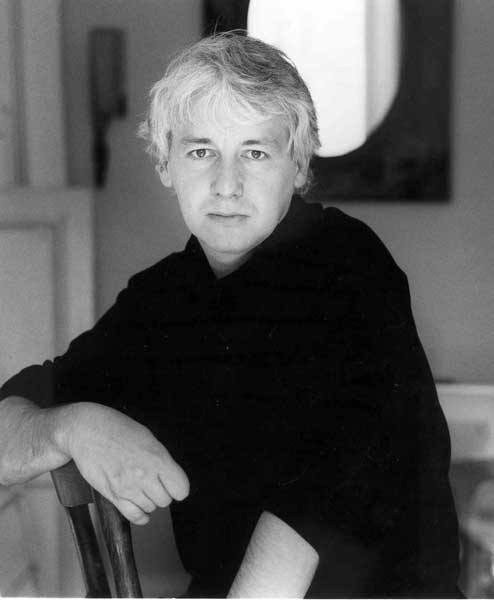Inheritance, By Nicholas Shakespeare

What would you do if you unexpectedly inherited £17 million? That's the hook for Nicholas Shakespeare's new novel, which settles this peculiar conundrum on the unprepared shoulders of Andy Larkham. Perhaps Andy deserves a break, what with working for a pittance for a tiny self-help publishing house, and getting unceremoniously dumped by his model girlfriend.
It comes, absolutely characteristically, when he strays by accident into the wrong funeral – not that of his former teacher and mentor, Stuart Furnivall, but Christopher Madigan, a hugely wealthy recluse estranged from his only daughter. He has decided to leave his estate to whoever bothers to turn up to see him cremated – which turns out to be his housekeeper, and Andy. The daughter, Jeanine, arrives late, and misses out.
The first third of the book, detailing Andy's failure to cope with the sudden transition from pitiable underachiever to Mercedes-driving Eurotrash, is its weakest section. Whether dodging bills in Holland Park or drifting through Switzerland and Italy in his CLK Cabriolet, nights spent "in the arms and legs of compliant young women with names like bootleg vodkas", it's easy to despise the man, hard to care what happens to him.
Eventually, Andy awakens from this empty existence, thanks in part to an unpublished manuscript left him by Furnivall on the subject of Montaigne, who of course has the right aperçu for this and every predicament: "Benefactions are welcome so long as we feel able to return them. But if they pass far beyond that point, we requite them with hatred, not thanks."
Andy decides he owes it to Madigan to find out who he was, and why he cut Jeanine out of his will. He tracks down the housekeeper, Maral, to the mansion they shared, and where she is now mouldering. He rescues her from isolation and she tells him Madigan's story. It is one of near-permanent hardship, starting with flight from the Armenian genocide after the First World War, and taking in social ostracism in Australia, the loss of an eye, a move to England and a bad marriage to a weak woman, which soon fails.
The only bright points are his fortune, made from Australian iron ore, and his daughter, Jeanine – who is taken from him by his wife, against the girl's will, and systematically turned against him. Madigan's resilience in the face of such blows of fate gives the novel strength, and Andy too. They both gain a moral weight lacking before, and the novel deepens to one of great emotional power.
Its plotting is sometimes a little too good to be true. There's a deliciously evil con-man who pops far more frequently than even the worst penny, and in the end things are wrapped up for Andy with a far prettier bow than you might think he deserves. There's no denying, though, that when he is grappling with the dark conflicts of the human heart, Shakespeare is a tremendous and captivating writer.
Join our commenting forum
Join thought-provoking conversations, follow other Independent readers and see their replies
Comments
Bookmark popover
Removed from bookmarks